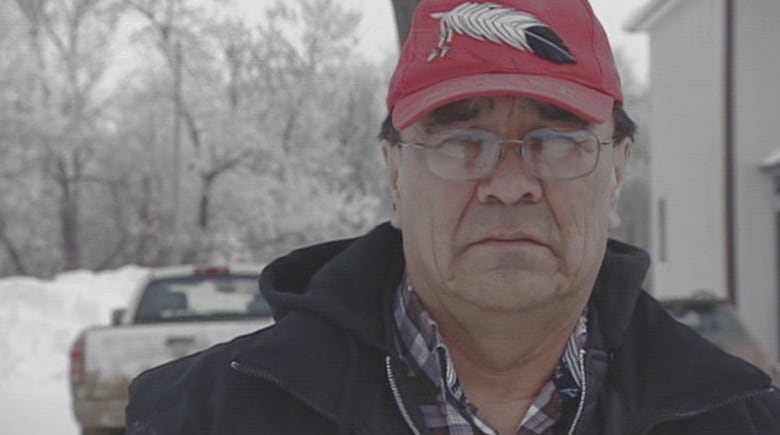Red Road Forward: What happened at Gordon's?

Many months have passed since compensation payments began flowing to people who attended the schools during the 20th century.
But at the George Gordon First Nation north of Regina, where students were sexually abused for decades, it's clear that time has not healed all the wounds.
Some say they'll never be able to forgive William Starr, the longtime residence administrator who eventually admitted to abusing many boys, possibly hundreds.
"William Starr cause so much damage," said Miles Anderson, an artist and carver who was a victim of inappropriate touching and was one of first former students to go to the police.
"The people he abused turned around and abused their spouses. There are people serving murder who went through the residential school process, drunk driving, accidents, all the fallout."
Interviews with abuse victims, most middle-aged now, yields a complicated portrait of a community struggling to come to grips with its past and trying to forge a better tomorrow.

Others said they've made progress by turning their lives over to God. Still others say they expect to be in therapy for many years to come.
Darwin Blind, a crisis counselor at Gordon's, talked about being beaten and left emotionally damaged after nine years at residential school.
Blind says he's now on a "red road" to being whole again, although the way is not easy, he said.
"Someday I hope to be able to say to many people, to God, to myself...'I forgive you for leaving me with lifetime scars, for emotionally damaging me, for the many things that I did as a result of what you did to me,'" he said.
The painful Gordon's saga began in the late 1880s when the first church-affiliated school was constructed on the reserve.
It was run by the Anglican church under the supervision of the federal government. The government's official policy was assimilation, "taking the Indian out" of the boys and girls so they would join mainstream society.
Under that policy, the children's hair was cut and they were told not to speak their native languages.

Starr remained in charge of the student residence until he retired in 1984.
Over 15 years, hundreds of lawsuits were filed detailing allegations of sexual abuse by Starr and others.
While Starr was the worst offender, other past staff at the school have also been accused of sexual and physical assaults. There have also been accusations that some students sexually abused other students.
In 1993, Starr was sentenced to 4½ years in prison for sexually assaulting 10 boys while he was in charge at the residence. He was sentenced later in the same year for five counts of sexual assault at a time when he was working with boys at a sea cadet program in New Brunswick.
During the mid-1990s, Ottawa settled the claims of more than 200 abuse complainants from Gordon's. Others were awarded sums after successfully suing the government.
Money from the settlements was soon flowing into the reserve, but it was quickly spent, many say.
In 2007, the federal government agreed to compensate all First Nations people in Canada who had attended the schools. It also agreed to further payments for those who had been subjected to physical and sexual abuse.
For the average former student, the Common Experience Payment was about $28,000.
At the time, there was hope expressed by some First Nations leaders that the new money would help survivors turn the page and make some positive changes to their lives.

Still, many survivors of residential school abuse say they see slow improvements.
Families are reconnecting. People who say they were emotionally numb for years are learning to hug their children.
As always, children provide hope for the future. The new school on George Gordon First Nation is full of children, barely any who were yet born when the residential school was still operating.
Ed Bitternose, who runs the centre on Gordon's where former abuse victims go for counseling, was himself sexually abused but says he's doing his best to move on.
"I can never, ever put it aside. It's always going to be a part of my life," he said. "But I don't need it to define who I am. It's my choice to change from that.